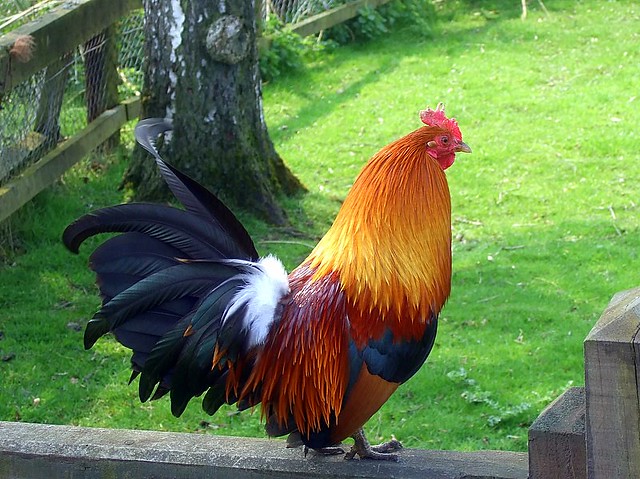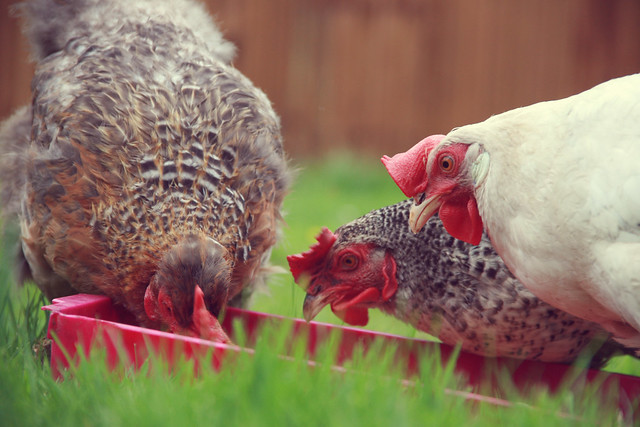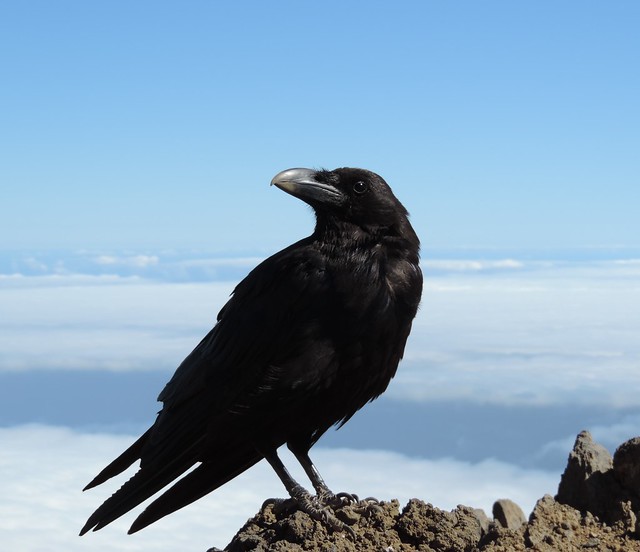Words for pigeon and doves in Celtic languages.
| Old Irish (Goídelc) | columb [ˈkolumb] = dove colmán = wood-pigeon, ring-dove |
|---|---|
| Middle Irish (Gaoidhealg) | colum [ˈkolumb] = dove |
| Irish (Gaeilge) | colm [ˈkɔl̪ˠəmˠ / ˈkʌl̪ˠəmˠ] = dove, pigeon colmán = (little) dove, pigeon |
| Scottish Gaelic (Gàidhlig) | calman [kal̪ˠaman] = dove, pigeon colman [kɔl̪ˠɔman] = dove, pigeon |
| Manx (Gaelg) | calmane / colmane = pigeon, dove |
| Welsh (Cymraeg) | colomen / clomen = dove, pigeon, culver; symbol of peace |
| Old Cornish | colom = dove, pigeon |
| Middle Cornish | colomen = dove, pigeon |
| Cornish (Kernewek) | kolom = dove, pigeon |
| Breton (Brezhoneg) | koulm / koulom = dove |
Etymology: from the Latin columbus (dove, pigeon), from Ancient Greek κόλυμβος (kólumbos – a diver), from κολυμβάω (kolumbáō – dive, plunge headlong, swim) [source].
| Breton (Brezhoneg) | pichon = pigeon |
|---|
Etymology: unknown
Words marked with a * are reconstructions.
Here’s a tune I wrote called The Curious Pigeon / Y Colomen Chwilfrydig:
Sources: Wiktionary, Am Faclair Beag, MacBain’s Dictionary, In Dúil Bélrai English – Old-Irish Glossary, teanglann.ie, On-Line Manx Dictionary, Geiriadur Prifysgol Cymru, Gerlyver Kernewek, Dictionnaire Favereau












